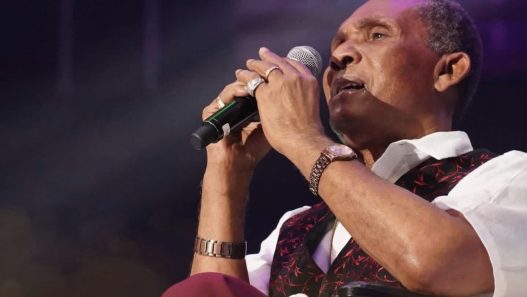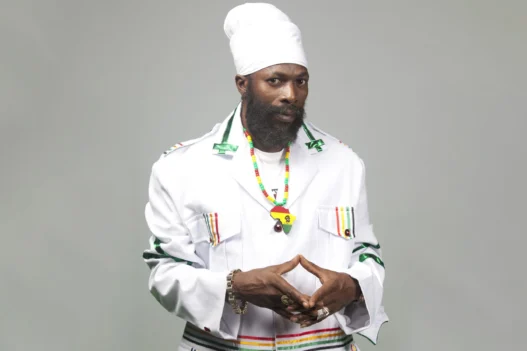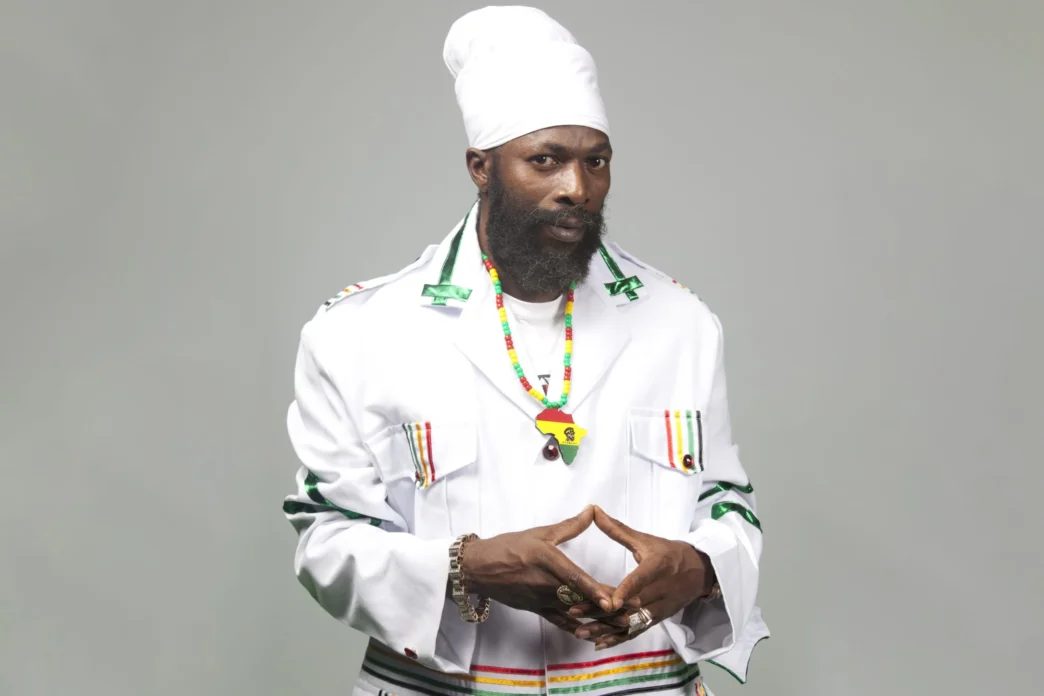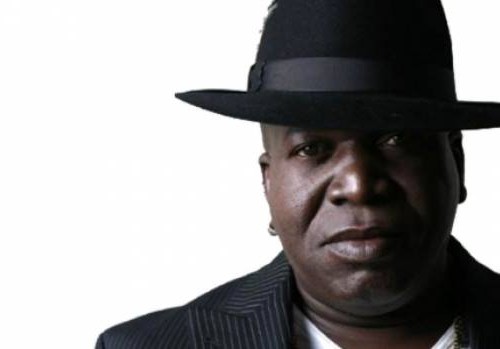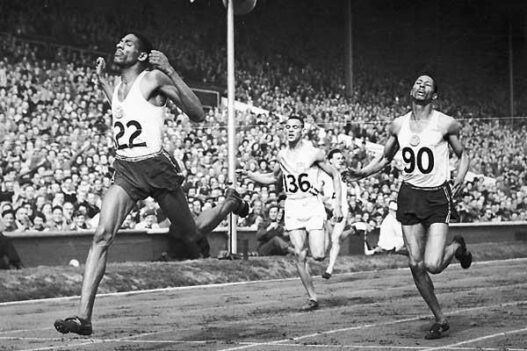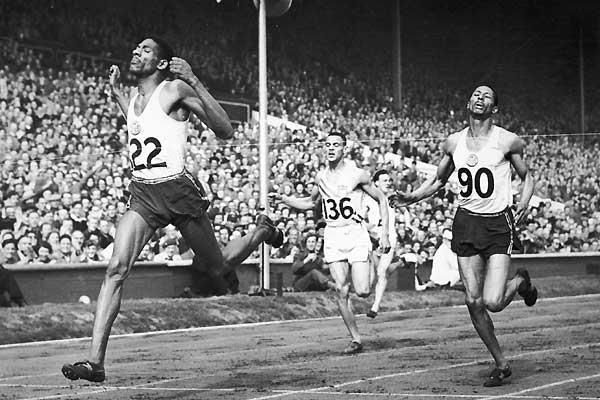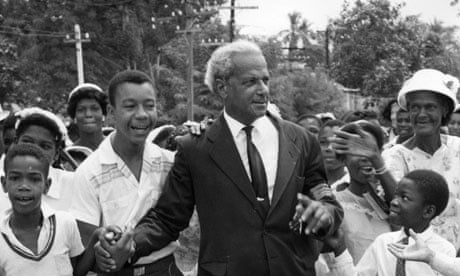Clifton George Bailey III, known by his stage name Capleton, is a legendary Jamaican reggae and dancehall musician. With a career spanning over three decades, Capleton has made a significant impact on the music industry. He is also referred to as King Shango, King David, The Fireman, and The Prophet, reflecting his powerful and insightful lyrics.
Capleton was born in Islington in St. Mary, Jamaica, in 1967. As a young boy, he developed a deep love for music and was heavily influenced by the reggae and dancehall scene. He would sneak out of his home to attend local dancehall acts, immersing himself in the vibrant sounds of the genre.
At the age of 18, Capleton made a life-changing decision to move to Kingston, the capital of Jamaica, to pursue his career as a dancehall deejay. In 1989, he got his first major international exposure when Stewart Brown, the owner of Toronto-based sound African Star, gave him a break. Capleton performed alongside renowned artists such as Ninjaman and Flourgon in Canada, marking the beginning of his rise to fame.
During the late 1980s, when Capleton first emerged on the music scene, slackness and gun talk dominated the dancehalls. However, Capleton’s unique style and conscious lyrics set him apart. He released a string of hit songs like “Bumbo Red,” “Number One on the Look Good Chart,” and “No Lotion Man,” establishing himself as a rising star.
In 1992, Capleton recorded the song “Alms House,” which became a massive hit in the dancehall community. This was followed by other notable tracks such as “Music is a Mission” and the popular anthem “Tour.” As the years went by, Capleton’s music became increasingly conscious, with songs like “Prophet” and “Cold Blooded Murderer” showcasing his deep-rooted Rastafari beliefs.
Capleton’s talent and unique sound caught the attention of Russell Simmons’ Def Jam Recordings, leading to a deal and the release of the albums “Prophecy” and “I-Testament” in the mid-1990s. These albums further solidified his place in the music industry and brought him global recognition.
In 1999, Capleton headlined Reggae Sumfest’s dancehall night, which marked a pivotal moment in his career. The electrifying performance created a comeback for Capleton and reignited the passion of his fans. This period saw the release of numerous hit singles, many of which are featured on his album “More Fire.”
Over the years, Capleton’s music has evolved and adapted to the changing dancehall landscape. While some critics argued that his music quality declined due to over-proliferation on various riddims, Capleton maintained that his versatility allowed him to balance both dancehall and roots reggae genres. One of his notable hits during this time was “That Day Will Come,” released in 2004.
After a hiatus from VP Records, Capleton returned in 2010 with the release of “I-Ternal Fire.” He continued to tour extensively, captivating audiences across the globe. In 2012, he performed at the Unite Cape Town International Reggae Festival in South Africa, showcasing his enduring popularity.
Beyond his musical achievements, Capleton is also known for his philanthropic efforts. He organizes an annual live show called “A St Mary Mi Come From,” which raises funds for various charities, including local schools and hospitals. Capleton’s commitment to his Rastafari faith is evident in his music, where he often references the Bobo Ashanti mansion. He is a vocal advocate for a vegan lifestyle, abstaining from meat and dairy products.
Capleton has faced criticism for some of his lyrics, particularly for their perceived anti-gay sentiments. It is important to note that homosexuality remains illegal in Jamaica, and Capleton’s stance reflects his Rastafari beliefs. He has clarified that terms such as “burn” and “fire” are metaphoric references to purification and cleansing, rather than promoting violence or harm.
Despite the controversies, Capleton’s impact on the reggae and dancehall industry cannot be denied. His powerful lyrics, energetic performances, and unwavering commitment to his beliefs have solidified his status as one of the genre’s most influential artists.
To learn more about Capleton and the vibrant world of Jamaican music, visit www.purejamaicamedia.com for a comprehensive collection of articles, news, and insights into the reggae and dancehall scene.


